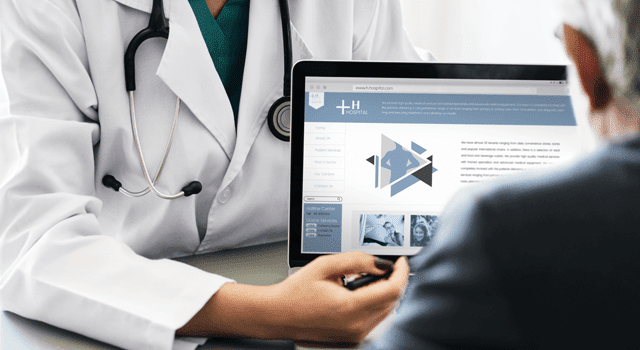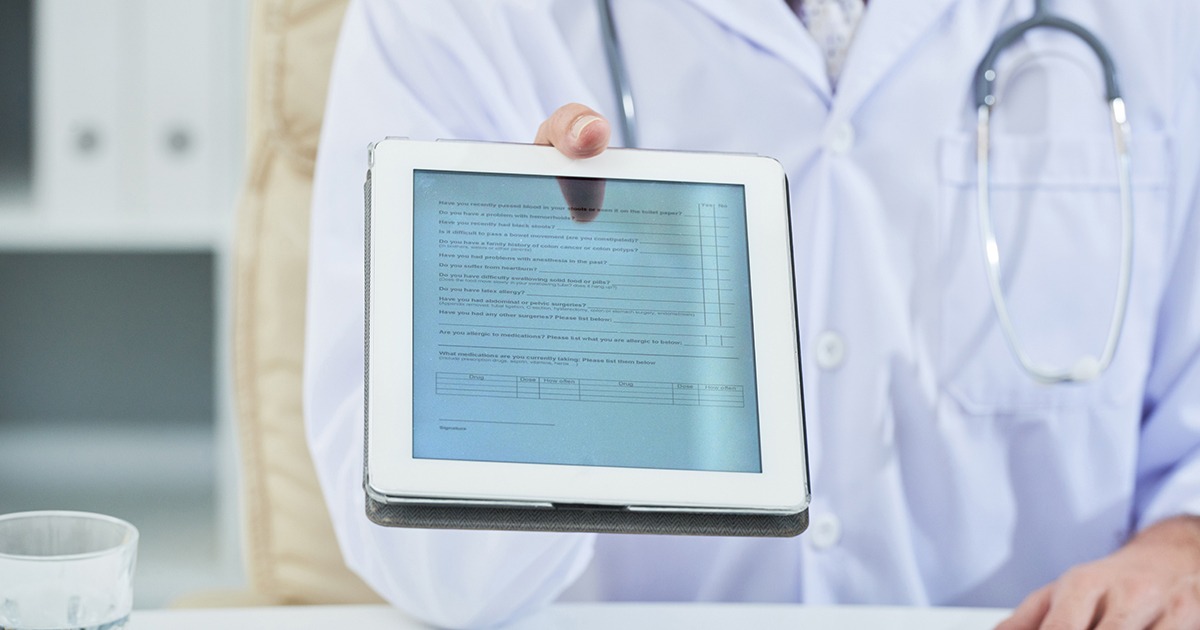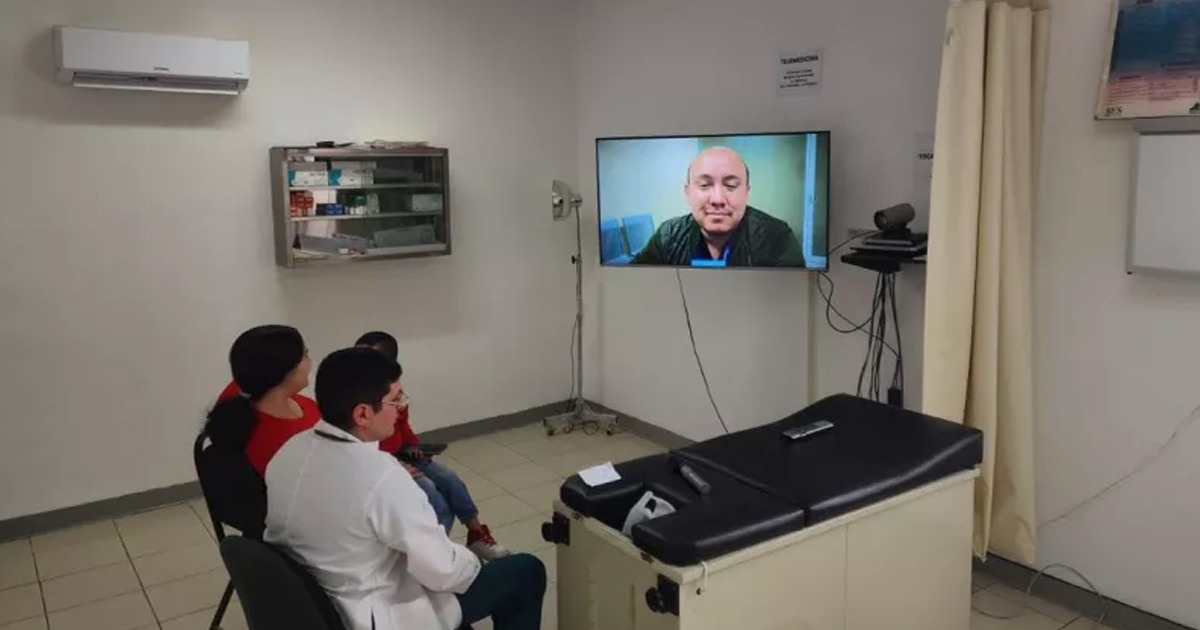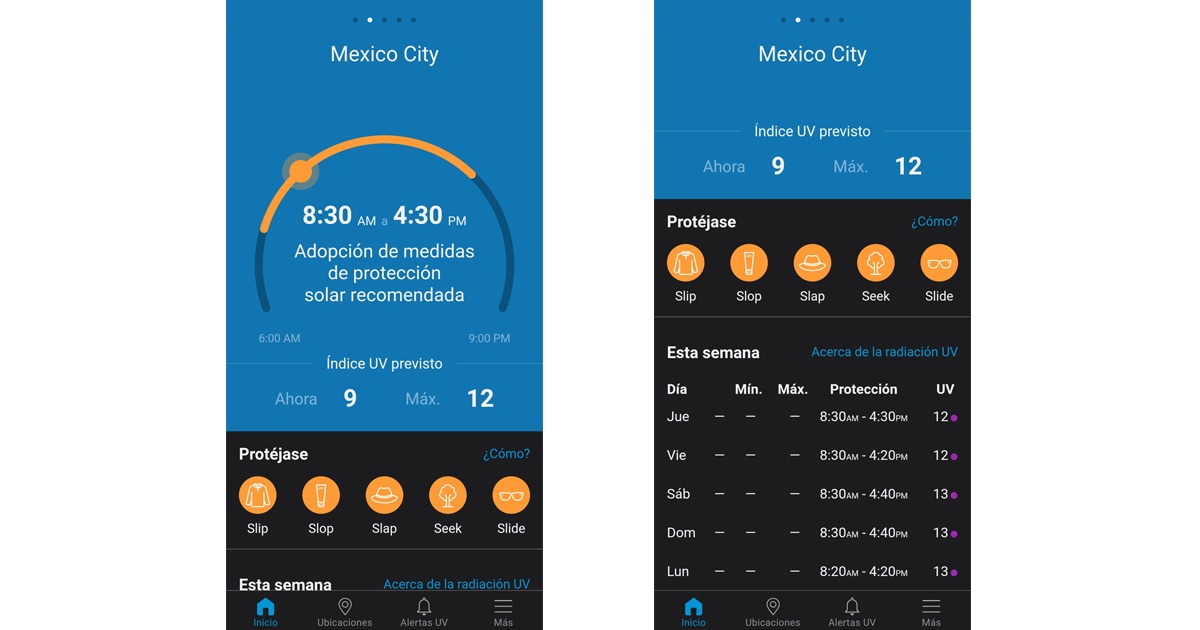The NHS COVID-19 Data Store, established by the UK government in response to the pandemic, is based on the use of data for trend analysis and decision making about mobility restrictions.
Through the National Health Services (NHS) COVID-19 database, the UK government can monitor the spread of viruses in different regions and countries in the UK. It is also a tool for resource management and referral of seriously ill patients.
NHS Digital and Public Health England (PHE) have provided their information and data to form this large data store. Moreover, the data entered from both institutions are protected to ensure that user and patient information cannot be identified by name.
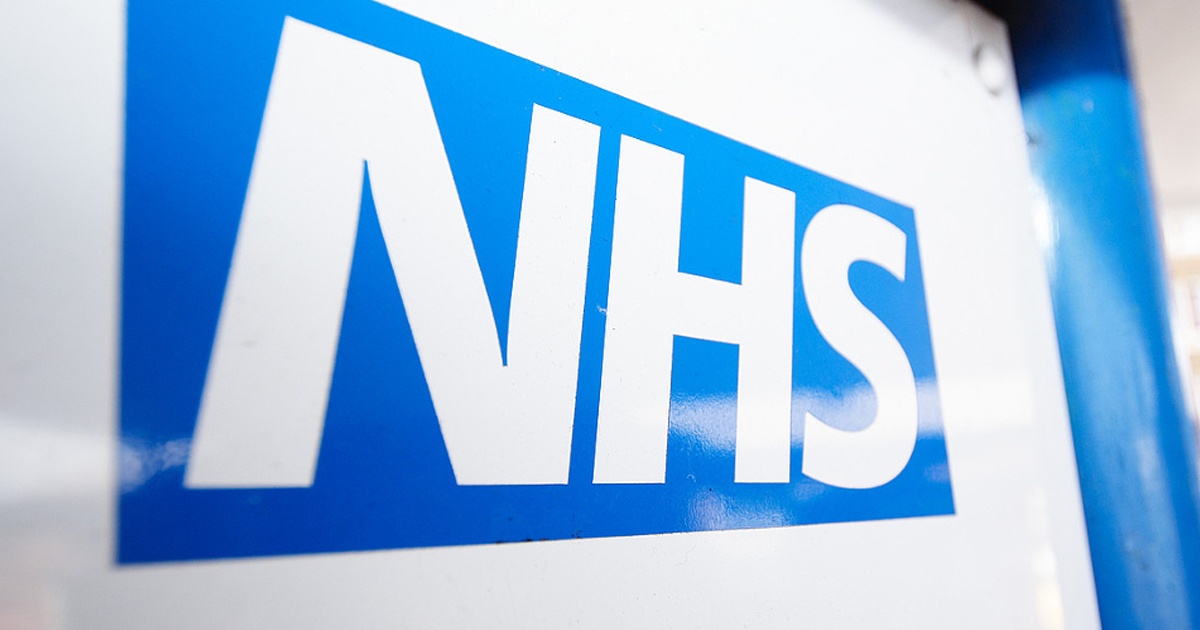
The data included are those on laboratory tests, as well as data from the Hospitalisation in England Surveillance System (CHESS) and finally information from the Intensive Care National Audit and Research Centre (ICNARC), on patients who were admitted to the hospital and have been discharged.
“The NHS COVID-19 Data Store sits on a Microsoft Azure platform under contract with NHS England and NHS Improvement. Within that secure cloud processing environment, Palantir (acting under instruction from NHS England) manage their platform which is called Foundry”, they mention on the official site.
About the agencies that have access to the data, they are divided into three groups: first, a public information panel that updates daily statistics on COVID-19 cases and deaths; second, a board of national and regional authorities that use the data to guide their decisions and carry out simulations to see the future panorama of the advance of infections, hospitalizations, mobility, among other aspects; and finally an operational panel of the NHS “providing local NHS and local government organisations with a clear picture of what is happening both across the country and specifically in their area so that they can take the right local action.”
